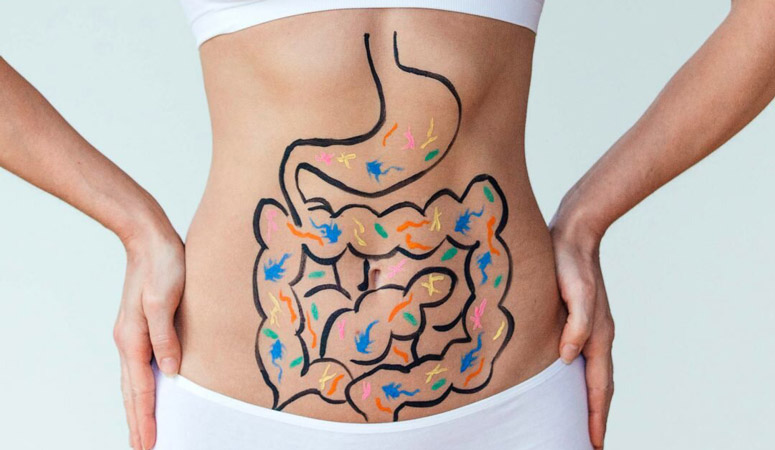Intestinal Diseases

Inflammatory bowel diseases (such as Crohn’s disease and ulcerative colitis) and celiac disease are often all pathologies that manifest this disorder in a more or less serious way.
Malabsorption
Malabsorption is characterized by impaired absorption of nutrients due to disorders of digestion, absorption, or transport. Malabsorption may involve impaired absorption of essential nutrients (proteins, carbohydrates, and fats) and/or micronutrients (vitamins, minerals); this is accompanied by an increase in stool volume, signs of individual nutrient deficiencies, and gastrointestinal (GI) symptoms. Malabsorption can be total, with impaired assimilation of almost all nutrients, or partial (isolated) —with impaired assimilation of only individual components.
The causes of malabsorption are varied (see table Causes of Malabsorption). In some malabsorption disorders (such as celiac disease), the absorption of most nutrients, vitamins, and trace elements is impaired (“total malabsorption”). Other diseases (e.g., pernicious anemia) are characterized by more selective disorders.













